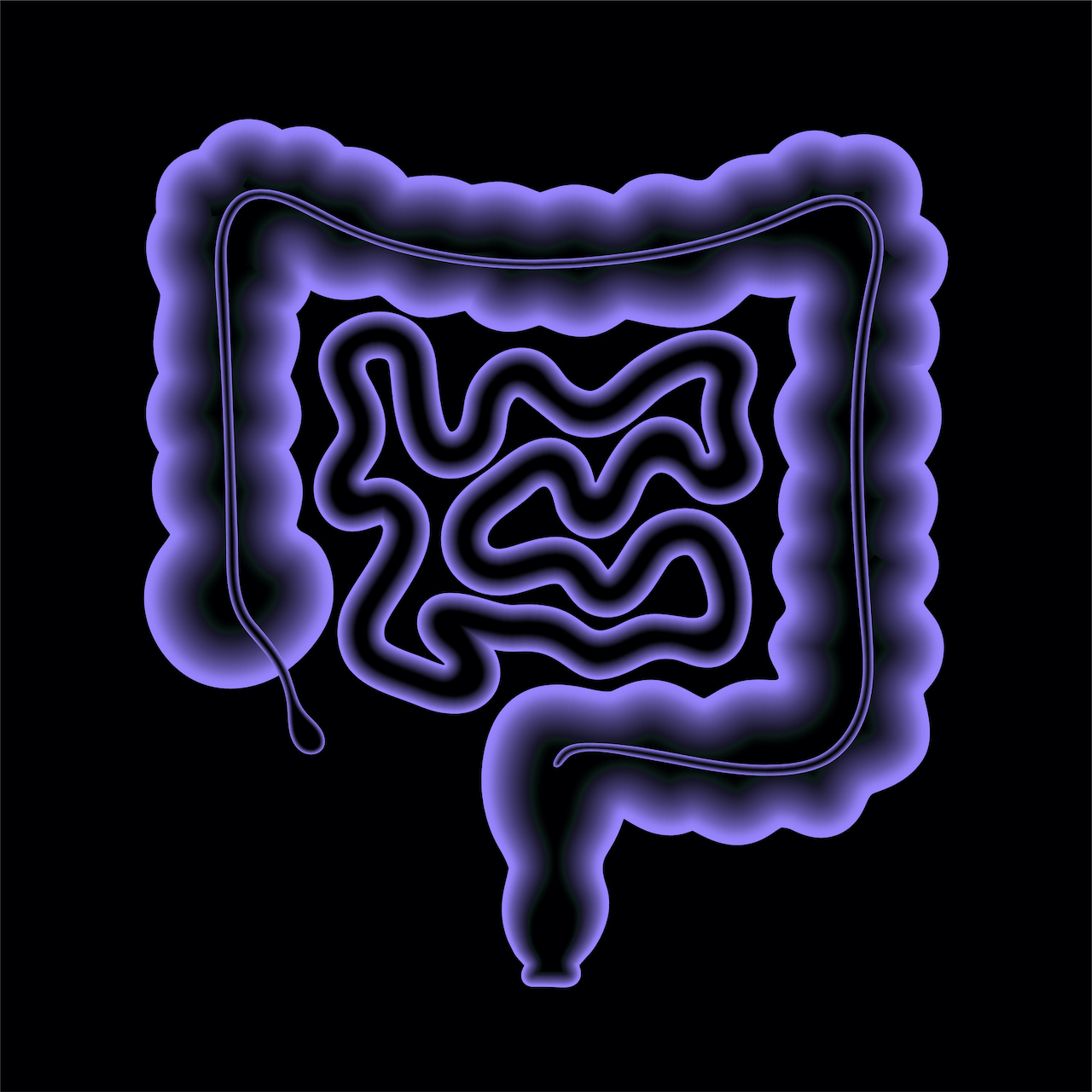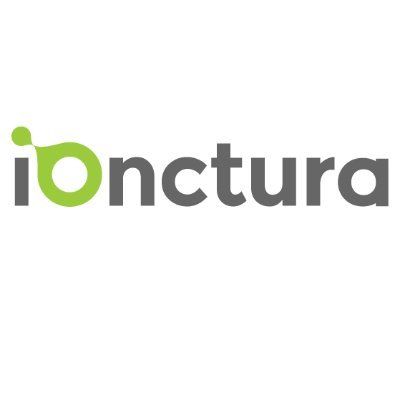预约演示
更新于:2025-05-07
ALK5 x TGF-β
更新于:2025-05-07
关联
4
项与 ALK5 x TGF-β 相关的药物作用机制 ALK5抑制剂 [+1] |
在研机构 |
原研机构 |
最高研发阶段临床2期 |
首次获批国家/地区- |
首次获批日期1800-01-20 |
作用机制 ALK5抑制剂 [+1] |
非在研适应症- |
最高研发阶段临床前 |
首次获批国家/地区- |
首次获批日期1800-01-20 |
作用机制 ALK5抑制剂 [+1] |
在研机构 |
原研机构 |
非在研适应症- |
最高研发阶段临床前 |
首次获批国家/地区- |
首次获批日期1800-01-20 |
7
项与 ALK5 x TGF-β 相关的临床试验NCT06662669
A Randomized, Open, Parallel-controlled, Multi-center , Phase Ib/Ⅱ Clinical Trial of YL-13027 and/or HY-0102 Combined With AG(Nab-paclitaxel and Gemcitabine) Regimen Chemotherapy for Metastatic Pancreatic Cancer
In Phase 1b study, six subjects will be enrolled in Arm A (YL-13027 + AG regimen) and Arm B (HY-0102 + AG regimen). The first 12 subjects will be evaluated for safety after one cycle. After safety assessment, subjects will start to enroll in Arm C (YL-13027 + HY-0102 + AG regimen). Each group is planned to include 12-20 subjects. According to the safety and efficacy results of 3 arms of subjects in phase Ib, 1-2 groups were selected for expansion, and a randomized controlled study will be conducted with the standard treatment AG (Arm 4)regimen chemotherapy.
开始日期2024-11-30 |
申办/合作机构 |
100 项与 ALK5 x TGF-β 相关的临床结果
登录后查看更多信息
100 项与 ALK5 x TGF-β 相关的转化医学
登录后查看更多信息
0 项与 ALK5 x TGF-β 相关的专利(医药)
登录后查看更多信息
1,922
项与 ALK5 x TGF-β 相关的文献(医药)2025-12-31·Renal Failure
Carthamin yellow-loaded glycyrrhetinic acid liposomes alleviate interstitial fibrosis in diabetic nephropathy
Article
作者: Jin, Juan ; Ren, Peiyao ; He, Wenfang ; Zheng, Danna ; Zhao, Li ; Wang, Yifei
2025-07-01·Drug Resistance Updates
A quiescence-like/TGF-β1-specific CRISPRi screen reveals drug uptake transporters as secondary targets of kinase inhibitors in AML
Article
作者: Wurm, Alexander A ; Schäfer, Silvia ; Schewe, Denis M ; Schröck, Evelin ; Bornhäuser, Martin ; Schroeder, Michael ; Glimm, Hanno ; Küchler, Sandra ; Brilloff, Silke ; Rahimian, Elahe ; Krüger, Alexander ; Traikov, Sofia ; Bill, Marius ; Ball, Claudia R ; Mirtschink, Peter ; Koochak, Masoud ; Kufrin, Vida ; Baretton, Gustavo
2025-07-01·Clinical Immunology
1000-plex antibody array proteomic screen uncovers PGRPS, Haptoglobin, Serpin A4 and Fibrinogen as potential stool biomarkers of pediatric inflammatory bowel disease
Article
作者: Castillo, Jessica ; Kugathasan, Subra ; Mohan, Chandra ; Soomro, Sanam ; Maruvada, Vinaika ; Vanarsa, Kamala ; Pereira, Ryan
29
项与 ALK5 x TGF-β 相关的新闻(医药)2025-03-11
Backed by Sanofi in its latest funding round, Agomab Therapeutics on Monday reported positive preliminary results from a Phase IIa trial of its lead candidate AGMB-129 for the treatment of fibrostenosing Crohn's disease (FSCD).The STENOVA study is pitting one of two doses of the oral ALK5 inhibitor AGMB-129 against placebo in 90 patients with FSCD for 12 weeks, in addition to standard of care, including biologics. While primary goals include safety and tolerability, secondary endpoints comprise pharmacokinetics and target engagement at ileal strictures assessed via transcriptomics.Agomab noted that interim results from the first 44 participants showed that AGMB-129 met all primary and secondary endpoints versus placebo. “The positive interim data…represent a significant milestone for this programme, and we look forward to presenting the detailed results at a scientific conference in the near-term,” remarked chief medical officer Philippe Wiesel. Meanwhile, the company indicated that it remains on track to report full results from STENOVA in the fourth quarter.According to the company, AGMB-129 is an oral gastrointestinal-restricted ALK5 inhibitor designed to target TGF-β-driven fibrosis with minimal systemic exposure for improved safety. Early-stage clinical testing showed high ileal exposure, good tolerance and no significant systemic presence, highlighting its potential as the first targeted therapy for this condition with an unmet treatment need.Last October, the Belgian biotech raised $89 million in series D funding — with Sanofi pitching in — to advance AGMB-129 in FSCD, along with two other programmes targeting pulmonary and liver fibrosis. Since its founding in 2017, the company has steadily increased its fundraising, from a €21 million ($22.8 million) series A in 2019 to a $74 million series B in 2021, later expanded by $40.5 million. In 2023, it secured $100 million in a series C led by Fidelity.
临床结果临床2期
2025-03-10
— AGMB-129 hit all primary and secondary endpoints in interim read-out from 44 patients after 12 weeks treatment —
— Detailed interim STENOVA results to be presented at future scientific conference —
— STENOVA clinical trial on track to report full results in the fourth quarter of 2025 —
— Open-label extension study initiated —
ANTWERP, Belgium I March 10, 2025 I
Agomab Therapeutics NV
(‘Agomab’) today announced positive interim results from 44 patients completing treatment in the ongoing STENOVA
1
Phase 2a clinical trial for AGMB-129, an oral gastro-intestinal (GI)-restricted small molecule inhibitor of ALK5 (TGF-β RI or ALK5) for the potential treatment of Fibrostenosing Crohn’s Disease (FSCD).
STENOVA is a randomized, double-blind, placebo-controlled study in a total of 90 patients with symptomatic FSCD. Patients are randomized to receive one of two doses of AGMB-129 or placebo for 12 weeks on top of standard of care, including biologics. The multi-center study is global with investigational sites in the USA, Canada and Europe. The primary endpoints are the safety and tolerability of AGMB-129 in FSCD patients. Secondary endpoints include the pharmacokinetics and target engagement at the site of the ileal strictures as measured through transcriptomics. All primary and secondary endpoints were met.
The company has also initiated the open-label treatment extension of the STENOVA study with AGMB-129. Study participants who have completed the double-blind 12-week treatment period are eligible to participate and can receive treatment for up to an additional 48 weeks.
“The positive interim data for the STENOVA Phase 2a clinical trial represent a significant milestone for this program, and we look forward to presenting the detailed results at a scientific conference in the near-term,”
said Philippe Wiesel, Chief Medical Officer at Agomab Therapeutics
. “We want to thank all patients and investigators for participating in this trailblazing study, which aims to address the high unmet medical need that exists in the field of Fibrostenosing Crohn’s disease.”
AGMB-129 is an investigational drug and not approved by any regulatory authority. Its efficacy and safety have not been established.
About AGMB-129
AGMB-129 is an oral, small molecule GI-restricted inhibitor of ALK5 (or TGF-β RI) currently in clinical development for the treatment of Fibrostenosing Crohn’s Disease (FSCD). TGF-β is a major driver of fibrosis. AGMB-129 is specifically designed to inhibit ALK5/TGF-β in the GI-tract. Rapid first-pass metabolism in the liver prevents clinically relevant systemic exposure, potentially delivering an improved safety profile over systemically available inhibitors in this class. In a Phase 1 trial in healthy subjects, single- and multiple-dose AGMB-129 was generally well-tolerated at all doses tested. In addition, the trial showed high local exposure to AGMB-129 in the ileum but no clinically relevant systemic exposure, demonstrating that the GI restricted mechanism may operate efficiently in humans. Fibrostenosing complications occur in nearly 50% of Crohn’s disease patients and are the leading cause of bowel resection surgery, however there are no approved specific therapies for FSCD. AGMB-129 has received U.S. FDA Fast Track Designation.
About Agomab
Agomab is focused on achieving disease modification by modulating inflammation and fibrosis in chronic indications such as Fibrostenosing Crohn’s Disease and Idiopathic Pulmonary Fibrosis. We do this by targeting biologically validated pathways, including Transforming Growth Factor β, and by applying specialized capabilities in organ-restricted small molecules. With a differentiated clinical pipeline across several fibrotic disorders, end-to-end research and development capabilities, a proven track-record and a strong investor base, Agomab is building a transformational company with the aim to have a real impact on patients.
1
Study Details | STENOVA – A Study to Evaluate Safety, Tolerability, PK and PD of AGMB-129 in Patients With Fibrostenotic Crohn’s Disease | ClinicalTrials.gov
SOURCE:
Agomab
临床结果临床2期快速通道临床1期
2025-03-10
The trial showing changes in mRNA gene expression in biopsies of the ileum, part of the small intestine that can be constricted as a part of fibrostenosing Crohn\'s disease.\n Agomab’s ALK5 inhibitor has proven its ability to target the correct part of the intestine in a phase 2 trial of fibrostenosing Crohn’s disease.The STENOVA study saw 90 patients with the condition receive one of two doses of the therapy, dubbed AGMB-129, or placebo for 12 weeks on top of standard of care. An interim readout has shown the study hit its primary endpoints of showing that AGMB-129 was safe and well tolerated, Agomab said in a March. 10 release.The trial also hit its secondary endpoints, which included showing changes in mRNA gene expression in biopsies of the ileum, part of the small intestine that can be constricted as a part of fibrostenosing Crohn\'s disease. In addition, the study hit its pharmacokinetics endpoints as measured in the amount of metabolites in plasma. Agomab is holding onto the interim data until a future conference, the Belgian biotech said, with full results from the study then expected in the fourth quarter.“The positive interim data for the STENOVA phase 2a clinical trial represent a significant milestone for this program, and we look forward to presenting the detailed results at a scientific conference in the near-term,” Agomab’s Chief Medical Officer Philippe West said.The study was financed by a $100 million series C that the Antwerp, Belgium-based biotech hauled in back in October 2023.Agomab launched in 2019 to take forward the work of Paolo Michieli, Ph.D., who has researched hepatocyte growth factor (HGF) at the University of Torino for more than two decades. HGF plays a role in cell functions such as proliferation, survival and differentiation and can promote wound healing and tissue regeneration.In 2021, Agomab bought Origo Biopharma, adding small-molecule drug candidates that target the transforming growth factor beta, including AGMB-129. The company’s hopes are that AGMB-129 can be used in combination with other Crohn’s drugs to help tamp down the disease and stop the scarring in those with fibrostenotic disease.This could be a sizable market—around 800,000 people are estimated to have Crohn’s in the U.S., around half of whom will be impacted by the fibrostenotic form.

临床2期临床结果并购临床1期寡核苷酸
分析
对领域进行一次全面的分析。
登录
或

生物医药百科问答
全新生物医药AI Agent 覆盖科研全链路,让突破性发现快人一步
立即开始免费试用!
智慧芽新药情报库是智慧芽专为生命科学人士构建的基于AI的创新药情报平台,助您全方位提升您的研发与决策效率。
立即开始数据试用!
智慧芽新药库数据也通过智慧芽数据服务平台,以API或者数据包形式对外开放,助您更加充分利用智慧芽新药情报信息。
生物序列数据库
生物药研发创新
免费使用
化学结构数据库
小分子化药研发创新
免费使用

